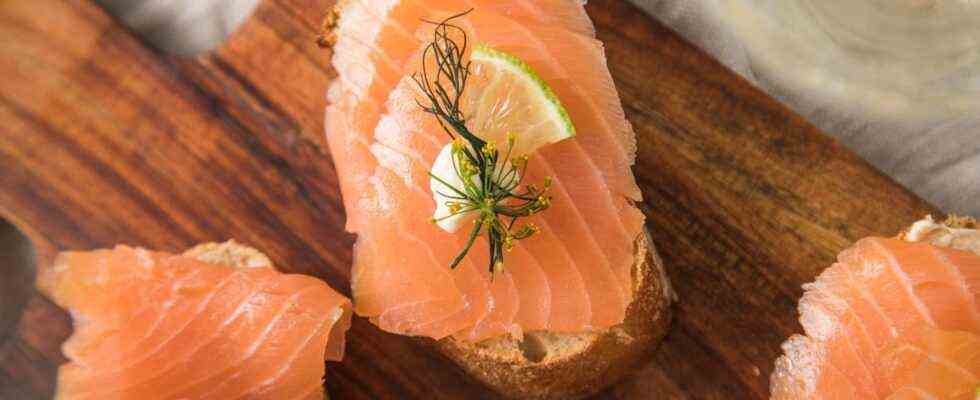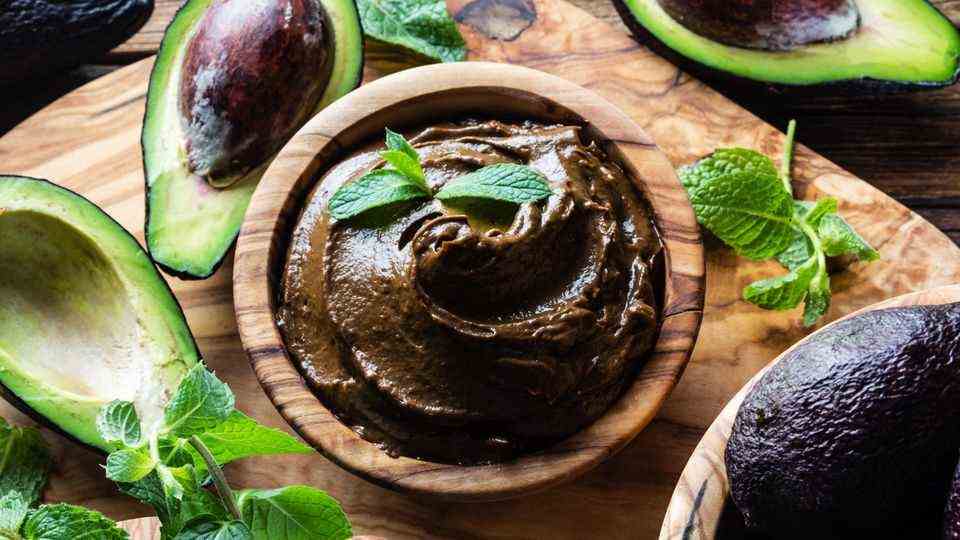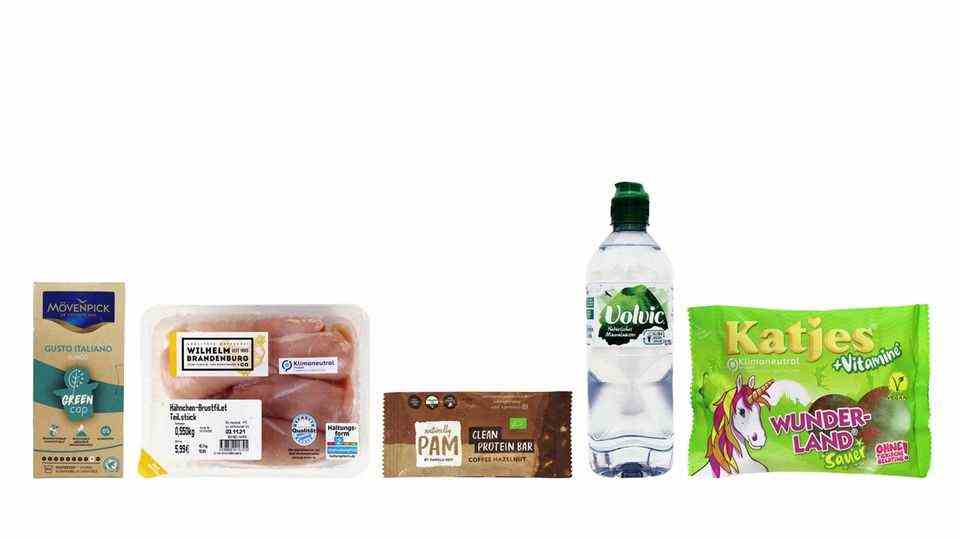Popular Christmas starter
“Öko-Test” takes a close look at salmon – only one is “very good”
Salmon often comes from aquaculture, where the living conditions for the animals are not particularly good
© Christin Klose / Picture Alliance
For many people, Christmas is salmon time: the smoked fish is simply part of the festival. That is why “Öko-Test” examined smoked salmon. The result was pretty good – with a few caveats.
This article first appeared on RTL.de.
Whether on toast, with pasta or as a nicely draped starter: smoked salmon is a popular delicacy and provides many healthy omega-3 fatty acids. But is it also harmless? And is there a right thing to do with breeding? “Öko-Test” has now examined this in 15 products.
Smoked salmon is a good source of protein, iodine and vitamin D. It is low in saturated fatty acids, but high in omega-3 fatty acids. What’s more, the days when consumers had to look for a well-stocked fish counter in order to find it are long gone. The fish is now available in almost every supermarket.
It should of course also taste good and it should be harmless to health. “Öko-Test” has therefore examined 15 smoked farmed and 5 wild salmon products. All were tested for germs and taste. The laboratories commissioned by the experts also analyzed the farmed salmon for the questionable preservative ethoxyquin. Further analyzes concerned residues of antibiotics, and wild salmon were also checked for the presence of the less appetizing but harmless roundworms (nematodes).
Salmon proves to be quite good in the test – dead nematodes in wild salmon
Result of the investigation: For the first time in this test, the suspected cancerous feed preservative ethoxyquin was no longer detectable in any farmed salmon. There were also no problems with pathogens such as salmonella or heavy metals such as mercury or antibiotic residues. Only three wild salmon received a deduction because they contained a relatively large number of dead nematodes. They cannot be seen with the naked eye.
The smell and taste of the products were also okay in the first tasting. In the test on the stated expiry date, however, many salmon were no longer as appetizing. Some of them smelled and tasted a bit oily or fishy. For example, the consistency of the “Irish Sea Spray Irish Organic Salmon” (“sufficient)” was described by the testers as “musky”. Here, the total germ count was “increased” according to the rating scale. The testers recommend that the manufacturer set an earlier use-by date in case of doubt.
According to the “Öko-Test”, there is room for improvement in the breeding conditions of the animals in aquaculture, such as the stocking density. According to the manufacturer, there are 12, 25 or 33 kilograms of fish per cubic meter of water in the basin. With the other conventional and all organic fatteners it is less than 10. However, even in organic farming, a lot of salmon sometimes die before they have reached slaughter weight. According to experts, the salmon stocks in the fishing areas off Alaska represented in the test are intact. Fishing there is currently acceptable.
Of the five wild smoked salmon, the testers can recommend one with “very good” (Friedrichs Kodiak wild salmon, 6.99 euros per 100 grams) and two with “good” (“Fjord Krone Sockeye Wild Salmon” from Norma, 2.53 euros and “Followfish Sockeye Wild Salmon, 7.72 euros). Of the 15 farmed smoked salmon, only three were rated” good “:” Bio Mare Smoked Organic Salmon “from Wechsler (7.99 euros),” Gut Organic Smoked Salmon “from Aldi Nord ( 3.19 euros) and “Norfisk organic smoked salmon” (4.49 euros). No product was rated worse than “sufficient”.
You can find all results on the website of “Öko-Test”.
Finally, a tip: To be able to enjoy smoked salmon carefree, it belongs in the refrigerator, the temperature of which should be a maximum of seven degrees Celsius. The salmon unfolds its full aroma when it is served 30 minutes before consumption.



